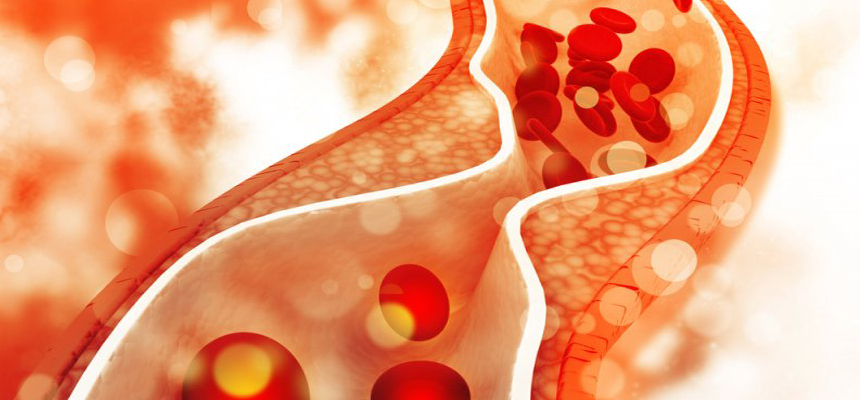Fighting Allergies by Silencing the Immune Cells

The immune system is like a strong fort that defends the body against pathogens and other harmful foreign substances to keep it disease free and healthy. The immune system also protects the body from environmental damage and is important for survival. It is composed of organs, cells and proteins. Apart from the nervous system, the immune system is the most complex and important component a body has.
The immune system neutralizes:
![]() Pathogens like bacteria, viruses, fungi and parasites.
Pathogens like bacteria, viruses, fungi and parasites.
![]() Destroys harmful substances from the environment and fights against body's cells that have altered due to illness like cancer.
Destroys harmful substances from the environment and fights against body's cells that have altered due to illness like cancer.
However, one can fall ill when the functioning of the immune system is compromised.
For the immune system to work effectively it has to differentiate between: self and non self substances and organisms.
Non-self substances called antigens can activate the immune system. Antigens are the protein on the surface of bacteria, fungi and viruses. So when the antigens work on the special receptors of the immune cells it kickstarts a series of cell proccesses. It uses its stored memories to fight against pathogens.
The idea is that the body should not destroy its own healthy cells because when the immune system fails to distinguish between self and non-self and between harmless and harmful cells then allergies and autoimmune disease occurs. This can prove dangerous in the case of organ transplants because the immune system can kill the organ cells by mistake thinking it to be a foreign substance. This is when immune cells have to be silenced to fight allergies.
Research reveals that a better understanding of the functions of dendritic cells which are rare immune cells can help to fight allergies and other autoimmune diseases. Dendritic cells which resemble tree branches are found in the skin and mucus tissues of the body and are exposed to different microbes and allergens. The special receptors in their cell membranes help them to detect the harmful foreign substances and absorb them in a proccess termed endocytosis. The harmful pathogens are "chopped up" inside the cell and are called antigens. Then the dendritic cells migrate to lymph tissues where it exposes the antigens to the T and B cells to start an immune response against the pathogen. The dendritic cells also release chemical signals that can alter the immune response. Since the rare dendritic cells play an important role in directing an immune response, the scientists are studying them intensely to find out solutions for autoimmune disease treatment and the cause behind transplant rejection. Research also reveal that the dendritic cells can activate fourth type of T cell alo known as T regulatory cell or T reg cell.
This Treg cells controls the functioning of other T cells to prevent allergy, excess inflammation and autoimmunity. TH1 cells fight bacteria, the TH2 cells fights parasitic worms and TH17 cells combat fungal infections.
The scientists are trying to find a cure for allergies and other autoimmune diseases by reducing the number of dendritic cells through drugs like corticosteroids or activating the T reg cells to silence the immune system. In certain cases, some microbes like Candida Albicans can be used to activate the T Reg cell and thereby decrease inflammation.
University of Queensland researchers are a step ahead in the research and have developed new medicines to treat inflammaatory disease and allergies like rhinitis, itchy hives, asthma, eczema and dermatitis. A team from the University of Queensland's Institute of Molecular Bioscience (IMB) and ARC Centre of Excellence in Advanced Molecular Training has created moleclar switches that can regulate the immune response to common allergens.
IMB researcher Dr Abishek Iyer points out that human immune cells respond to allergens by releasing histamine and other chemicals that cause inflammation and allergic reactions. He further adds, “We can take anti-histamines to relieve the symptoms of some allergies, but these medicines don’t affect the root causes of inflammation that can lead to chronic diseases, including asthma.” He says that the molecular switch that was developed by his team during research actually turns off the important protein on the surface of the human immune cells that controls how the immune system responds to the allergens present in the environment.
Dr. Iyer is optimistic when he says, “This is a new approach to managing a person’s risk of developing severe allergies and inflammatory reactions that lead to disease, but human trials are still some way off.”
Dr. Robert Reid one of the members of the IMB Centre for Inflammation and Disease Research said that the team built small chemical compounds that deactivated the immune cells which triggerd allergic reactions. These compounds proved effective in laboratory testing on rodent models of human inflammatory diseases. Presently, the researchers aare working on how to use the small chemical compounds to understand the molecular basis of human immune system and create effective treatments for allergies, asthma and other inflammatory disease. This study was published in the scientific journal Nature Communications.

 Disclaimer: Welthi.com does not guarantee any specific results as a result of the procedures mentioned here, and the results may vary from person to person.
Disclaimer: Welthi.com does not guarantee any specific results as a result of the procedures mentioned here, and the results may vary from person to person.









